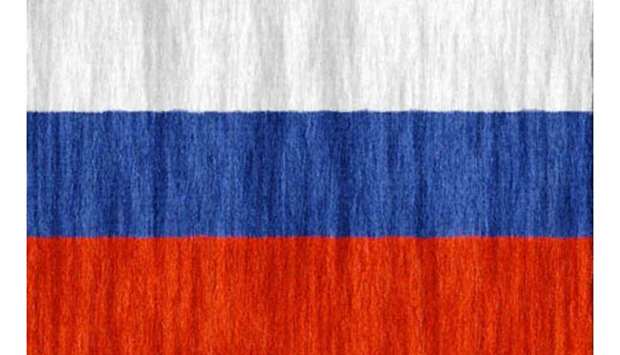Russia yesterday toughened penalties for voluntary surrender and refusal to fight with up to 10 years imprisonment and replaced its top logistics general after a series of setbacks to its seven-month war in Ukraine.
The tough new amendments and personnel change come days after Russia instigated partial mobilisation with Kyiv taking back more and more territory in a counter-offensive.
It also comes as Kremlin-held regions of eastern and southern Ukraine voted for a second day on becoming part of Russia, dramatically raising the stakes.
Integrating the four regions into Russia would mean that Moscow would consider any military move there as an attack on its own territory.
Russia’s invasion, launched on February 24, and Ukraine’s recent gains have laid bare flaws, with some analysts seeing logistics as the weak link in Moscow’s army.
“Army General Dmitry Bulgakov has been relieved of the post of deputy minister of defence” and will be replaced by Colonel General Mikhail Mizintsev, aged 60, the defence ministry said.
Russia’s partial mobilisation announced on Wednesday will likely be one of his first big logistical challenges, with the hundreds of thousands of reservists being called up needing equipment and training before deployment.
Military-age men have sought to leave, with flights full and neighbouring countries receiving an influx of Russians, including Georgia where 2,300 private vehicles were waiting to enter at one crossing, regional Russian authorities said.
“We were talking to our friends and many are thinking about leaving,” said Daria, 22, after fleeing Russia to Istanbul along with many of her compatriots.
“Not everyone wanted to leave in February. The (mobilisation) decision of September 21 forced many to think about it again.”
More than 700 people were detained in protests yesterday against the partial mobilisation, according to independent monitoring group OVD-Info.
Now that President Vladimir Putin has signed the legislation, servicemen who desert, surrender “without authorisation”, refuse to fight or disobey orders can face up to 10 years imprisonment.
Looting will be punishable by 15 years imprisonment.
A separate law, also signed yesterday, facilitates Russian citizenship for foreigners who enlist in the Russian army as the Kremlin seeks to bolster the ranks.
On Friday, US President Joe Biden dismissed as a “sham” the voting on whether Russia should annex four regions of Ukraine, which ends next Tuesday.
Even Beijing, Moscow’s closest ally since the war began, called on Russia and Ukraine not to let the effects of the war “spill over”.
The voting is being held in Russian-controlled areas of Donetsk and Lugansk in the east, and Kherson and Zaporizhzhia in the south.
For four days, authorities are going door-to-door to collect votes. Polling stations then open Tuesday for residents to cast ballots on the final day. Results are expected as early as late Tuesday or Wednesday.
“Ultimately, things are moving towards the restoration of the Soviet Union. The referendum is one step towards this,” Leonid, a 59-year-old military official, told AFP.
The snap referendums were announced just this week after the Ukrainian counter-offensive seized most of the northeast Kharkiv region — bringing hundreds of settlements back under Kyiv’s control after months of Russian occupation.
Bad weather and stiff Russian resistance caused Ukraine’s counter-offensive to slow to a brutal slog in Kupiansk in the eastern Kharkiv region yesterday.
“For now, the rain is making it difficult to use heavy weapons everywhere. We can only use paved roads,” Ukrainian army sergeant Roman Malyna told AFP.
Irpin, close to the capital, was recaptured after weeks of fighting and residents have rallied to start rebuilding before winter sets in. Over 100 apartment blocks in Irpin — dubbed a “hero city” by President Volodymyr Zelensky for holding back Russian invaders — were badly damaged by shelling.

russia flag
